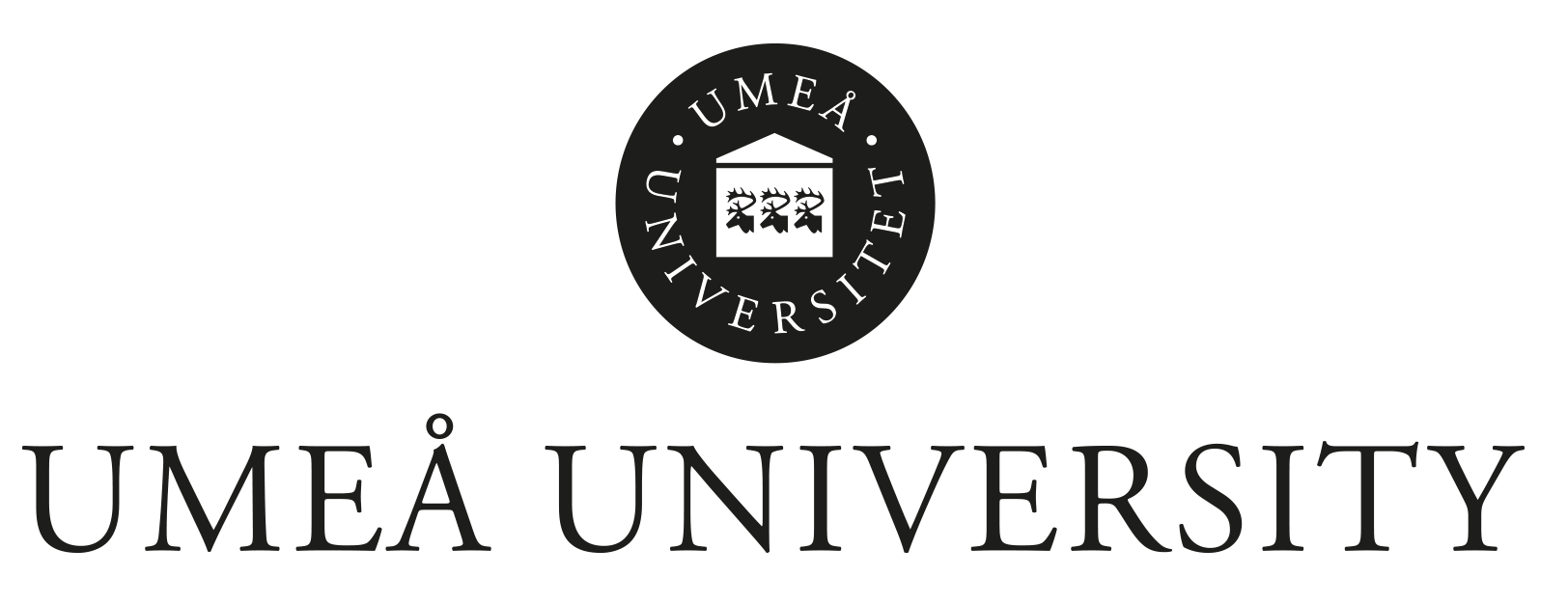Antidefuturing: Infrastructuring for Socio-Technical Sustainability
AGON-A is a gathering of designers, artists and activists to share knowledge and explore ways to build foundations for a future which leverages technology for better societies, organised by Robert Collins as part of his Doctoral Research in Contestable Design at Umeå Institute of Design.
Within our present algorithmic era, the user is under the power of those who own and control the technical platforms, infrastructures and systems. This process of extraction and exploitation is built upon a techno-solutionist approach that has been enabled through traditional design methodologies that favour convenience at the expense of nuance and critical engagement. As such there is a collective need to agonise, or struggle, with technology to ensure agency within these systems. Using this agonistic approach/perspective, AGON-A will investigate ways of returning agency to the user in developing socio-technical autonomy now and for the future.
For the first iteration of AGON-A, our focus will be on the theme of Defuturing and it’s more active form Antidefuturing. Defuturing is a critical examination of how contemporary practices, driven by industrialisation and consumerism, are compromising the potential for future generations to thrive or even exist. Antidefuturing is intended to be a stance which looks for ways to engage with these issues in cross-disciplinary ways involving art, activism, design and beyond.
